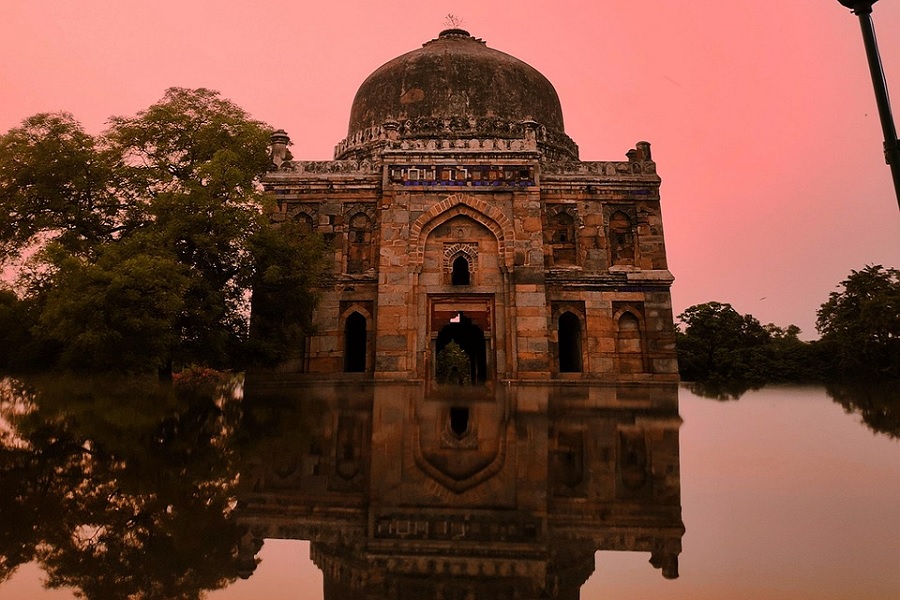Village Life & Craftsmanship: Cultural Tourism Beyond the Cities

India, with its rich diversity and cultural heritage, offers travelers not only the bustling vibrancy of its cities but also the tranquility and authenticity of rural life. Cultural tourism in India is increasingly moving beyond the urban centers, inviting people to immerse themselves in the everyday traditions of village life and the time-honored craftsmanship that has been passed down through generations. This article explores the charm of rural India, where life moves at a different pace, and every corner tells a story of skill, tradition, and culture.
A Step Back in Time
When most people think of tourism in India, they often envision the grand palaces of Rajasthan, the temples of Varanasi, or the modernity of Mumbai. However, the true heart of Indian culture lies in its villages, where age-old traditions are still alive. Village life in India is a living museum, where each village, with its unique customs, rituals, and craftsmanship, provides a glimpse into a past that is often forgotten in the hustle and bustle of modern life.
In the rural areas, the rhythms of life are tied to nature. The harvesting of crops, the seasons that dictate the lives of farmers, and the festivals that bring entire villages together to celebrate, all create a deep connection between the people and their land. For tourists, these experiences offer an unparalleled opportunity to connect with India's soul, far removed from the chaotic pace of city life.
Craftsmanship: Preserving Age-Old Traditions
One of the most remarkable aspects of cultural tourism in India’s villages is the rich craftsmanship that is still practiced by local artisans. These villages are home to a variety of traditional arts and crafts that are often centuries old. From the intricate embroidery of Kutch in Gujarat to the pottery of Khurja in Uttar P
In Rajasthan, for example, travelers can visit small villages where local artisans continue the tradition of block printing, producing intricate textiles by hand. The villa
Not only do these
Vil
The rise o
Homes
For many travelers, these rural homestays offer an escape from the distractions of modern life, providing a peaceful environment to slow down, engage with local culture, and enjoy the simplicity of rural living. This kind of cultural tourism allows for meaningful exchanges between the loc
The Role of Cultural Festivals
Vi
For the curious traveler, these festivals provide a window into the deep-rooted traditions that continue to shape village communities. Participating in these festivals, learning about the customs, and even assisting with th
S
While cultural tourism has great potential to benefit rural communities, it’s essential to approach it sustainably. Increasingly, there is a growing awareness of the need to balance tourism with the preservation of local customs, natural resources, and the environment. Sustainable cultural tourism practices involve educating travelers about responsible behaviors, supporting local artisans, and ensuring that the economic benefits of tourism remain within the community.
One example is the "Responsible Tourism" initiative in Kerala, which encourages visitors to respect local traditions, conserve resources, and contribute to the welfare of rural communities. Such initiatives ensure that village life and craftsmanship are preserved for future generations while benefiting local economies.
Conclusion
Cultural tourism in India’s villages offers a rare chance to step into a world where traditions, customs, and craftsmanship are alive and well. It’s a chance to witness firsthand the dedication of artisans who continue to practice ancient crafts and experience the warmth and hospitality of rural communities. Whether it’s learning to weave a rug in Rajasthan or celebrating the harvest season in Punjab, these experiences offer deep cultural immersion and a chance to live like a local in rural India.
As tourism continues to evolve, village stays and rural craftsmanship will remain at the heart of India’s cultural tourism, giving travelers the opportunity to experience the country in a truly unique and meaningful way.























